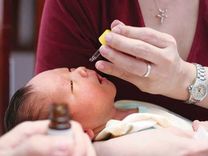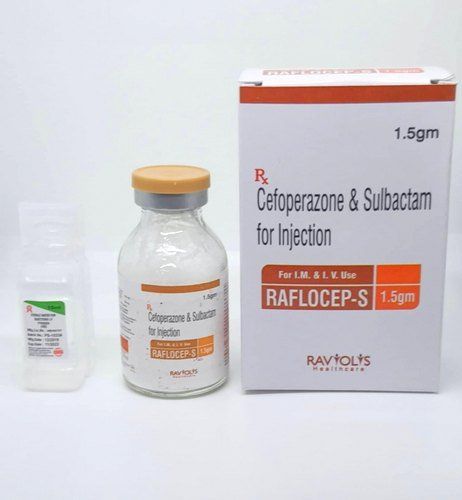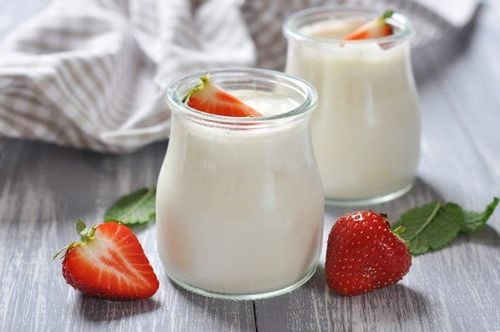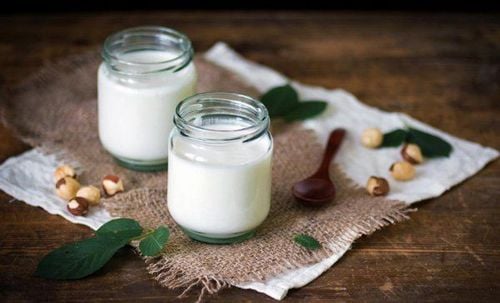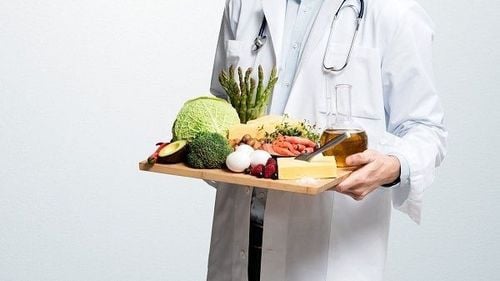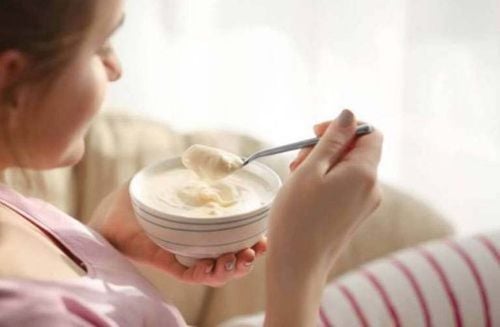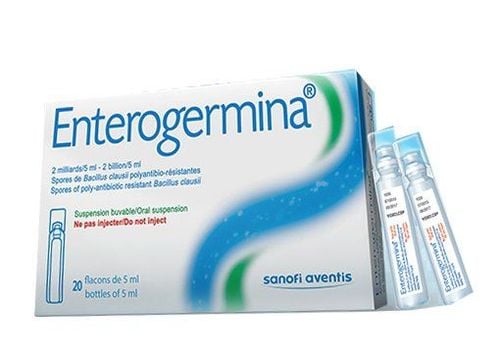Long-term use of antibiotics can disrupt the balance in the digestive tract. Therefore, it is important to combine antibiotics with certain foods, such as probiotics, fermented foods, fiber-rich foods, and prebiotic foods.
1. What are antibiotics?
Antibiotics are a type of medicine used to treat bacterial infections. The medicine works to prevent the spread of bacteria in the body. There are many different types of antibiotics. Some antibiotics are broad-spectrum, meaning that the medicine kills many types of bacteria. While narrow-spectrum antibiotics only kill one or a few types of bacteria.
Antibiotics are very effective in treating serious infections. However, the drugs can also cause some side effects. For example, excessive use of antibiotics can cause liver damage. One study showed that antibiotics are one of the drugs that cause the most liver damage.
In addition to killing disease-causing bacteria, antibiotics also kill healthy bacteria. Antibiotics can have a negative impact on trillions of bacteria in the gut. Taking too many antibiotics can dramatically change the number and types of bacteria in the gut microbiome, especially in infants and young children. Just one week of antibiotic use can alter the makeup of the gut microbiome for up to a year. Changes to the gut microbiome caused by excessive antibiotic use in early life can also increase the risk of weight gain and obesity. Furthermore, overuse of antibiotics can lead to antibiotic resistance, making the drugs ineffective in killing disease-causing bacteria. Finally, by changing the types of bacteria that live in the gut, antibiotics can cause intestinal side effects, the most prominent of which is diarrhea.
2. Take probiotics during and after treatment
Taking antibiotics can alter the gut microbiome, leading to antibiotic-associated diarrhea, especially in children. The solution is to take probiotics or live healthy bacteria.
However, since probiotics are usually bacteria, they can also be killed by antibiotics if taken together. Therefore, it is recommended that you give your child antibiotics and probiotics a few hours apart. Probiotics should also be added to the body after a course of antibiotics to restore some of the healthy bacteria that have been killed in the gut. If you take probiotics after antibiotics, it is better to take probiotics that contain a mixture of different probiotics, rather than just one type of probiotic.
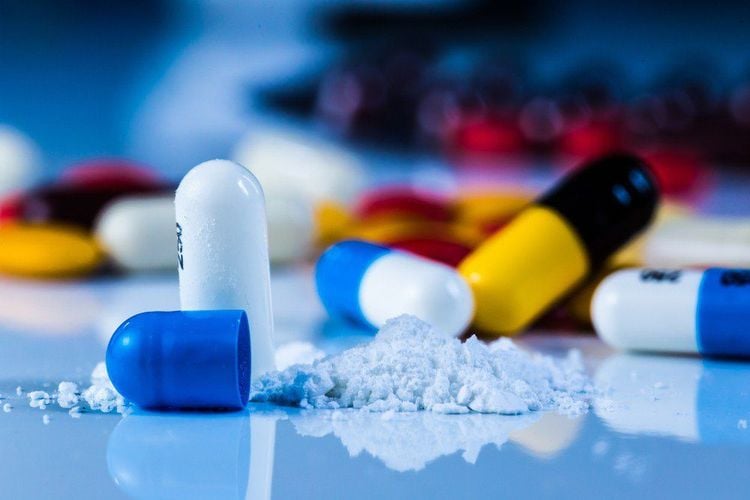
3. Eat fermented foods
Certain foods can help restore the gut microbiome after antibiotic treatment. Fermented foods, such as yogurt, cheese, sauerkraut, kombucha, and kimchi, are produced by bacteria and contain beneficial species, including Lactobacilli. These healthy bacteria play a crucial role in restoring the gut microbiome to a balanced state after antibiotics. Research indicates that individuals who consume yogurt or fermented milk tend to have higher levels of Lactobacilli in their gut and lower levels of harmful bacteria like Enterobacteria and Bilophila wadsworthia. Additionally, kimchi and fermented soy milk are good for digestive health and promote the growth of beneficial bacteria, such as Bifidobacteria. Thus, incorporating fermented foods into your diet may enhance gut health after taking antibiotics.
Furthermore, other studies have found that fermented foods can also provide benefits during antibiotic treatment. Some research has shown that consuming plain yogurt or probiotic supplements can help reduce diarrhea in individuals undergoing antibiotic therapy.
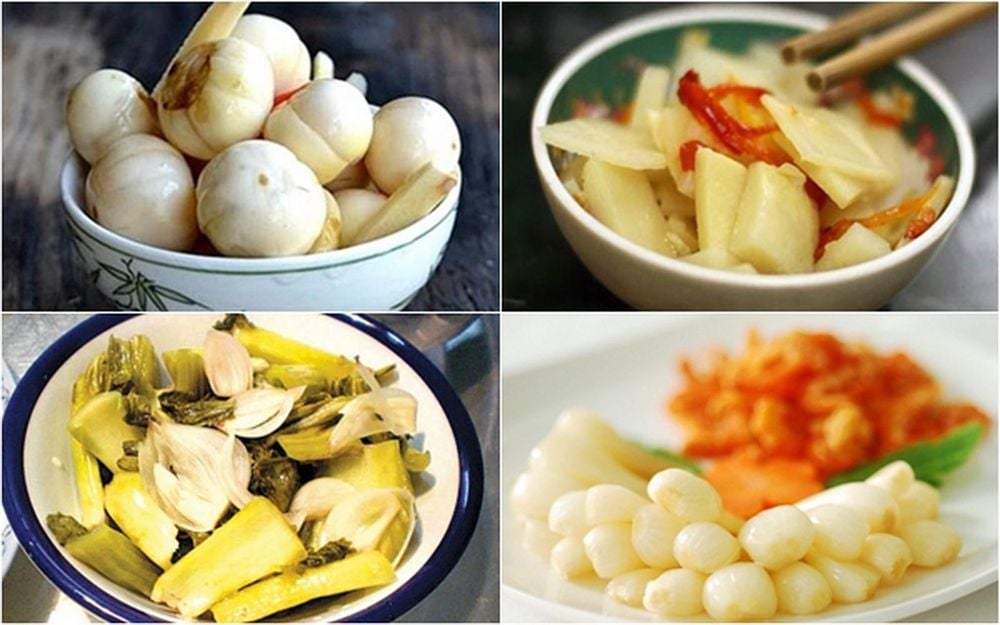
4. Eat fiber-rich foods
Fiber can be digested by gut bacteria, helping to stimulate their growth. Therefore, fiber can help restore healthy gut bacteria after a course of antibiotic treatment.
Fiber-rich foods include: Whole grains (porridge, whole grain bread, brown rice), nuts, sprouts, lentils, berries, broccoli, peas, bananas, and artichokes.
Studies have shown that foods containing fiber not only stimulate the growth of healthy bacteria in the gut but also help reduce the growth of some harmful bacteria. However, fiber can slow the time it takes for the stomach to empty, which may delay the absorption of medications. Therefore, it is advisable to temporarily avoid foods rich in fiber during antibiotic treatment and focus on consuming them after completing the course of antibiotics.

5. Eat Prebiotic Foods
Prebiotics are foods that nourish beneficial bacteria in the gut, including those rich in fiber. Fiber is digested and fermented by healthy gut bacteria, which in turn feeds these beneficial microbes. Additionally, some non-fiber foods can also act as prebiotics by supporting healthy bacteria like Bifidobacteria. For instance, red wine contains antioxidant polyphenols that are not digested by the body's cells but are metabolized by gut bacteria. One study found that consuming red wine polyphenol extract for four weeks significantly increased the levels of healthy Bifidobacteria in the gut, which in turn helped reduce blood pressure and cholesterol levels.
Similarly, cocoa is high in antioxidant polyphenols that serve as prebiotics beneficial to the gut microbiome. Several studies have demonstrated that cocoa polyphenols can increase the populations of Bifidobacteria and Lactobacillus in the gut while decreasing the presence of harmful bacteria, such as Clostridia. Therefore, consuming prebiotic foods after taking antibiotics may help replenish the beneficial gut bacteria that antibiotics may have diminished.
6. Avoid certain foods that reduce the effectiveness of antibiotics
Certain harmful foods should be avoided while taking antibiotics, such as pomelo juice. Consuming pomelo juice with antibiotics can lead to improper absorption of the medication, negatively impacting health. This is because pomelo juice contains furanocoumarins, which inactivate the enzyme CYP3A4 in intestinal lining cells. This enzyme is responsible for breaking down medications, affecting their absorption.
Calcium supplements can also interfere with the absorption of certain antibiotics, such as ciprofloxacin (Cipro) and gatifloxacin. However, foods that contain calcium, like yogurt, do not have this inhibitory effect. Therefore, it is best to avoid high doses of calcium during antibiotic treatment while still enjoying calcium-rich foods like yogurt in moderation.
To arrange an appointment, please call HOTLINE or make your reservation directly HERE. You may also download the MyVinmec app to schedule appointments faster and manage your reservations more conveniently.
Reference source: healthline.com


